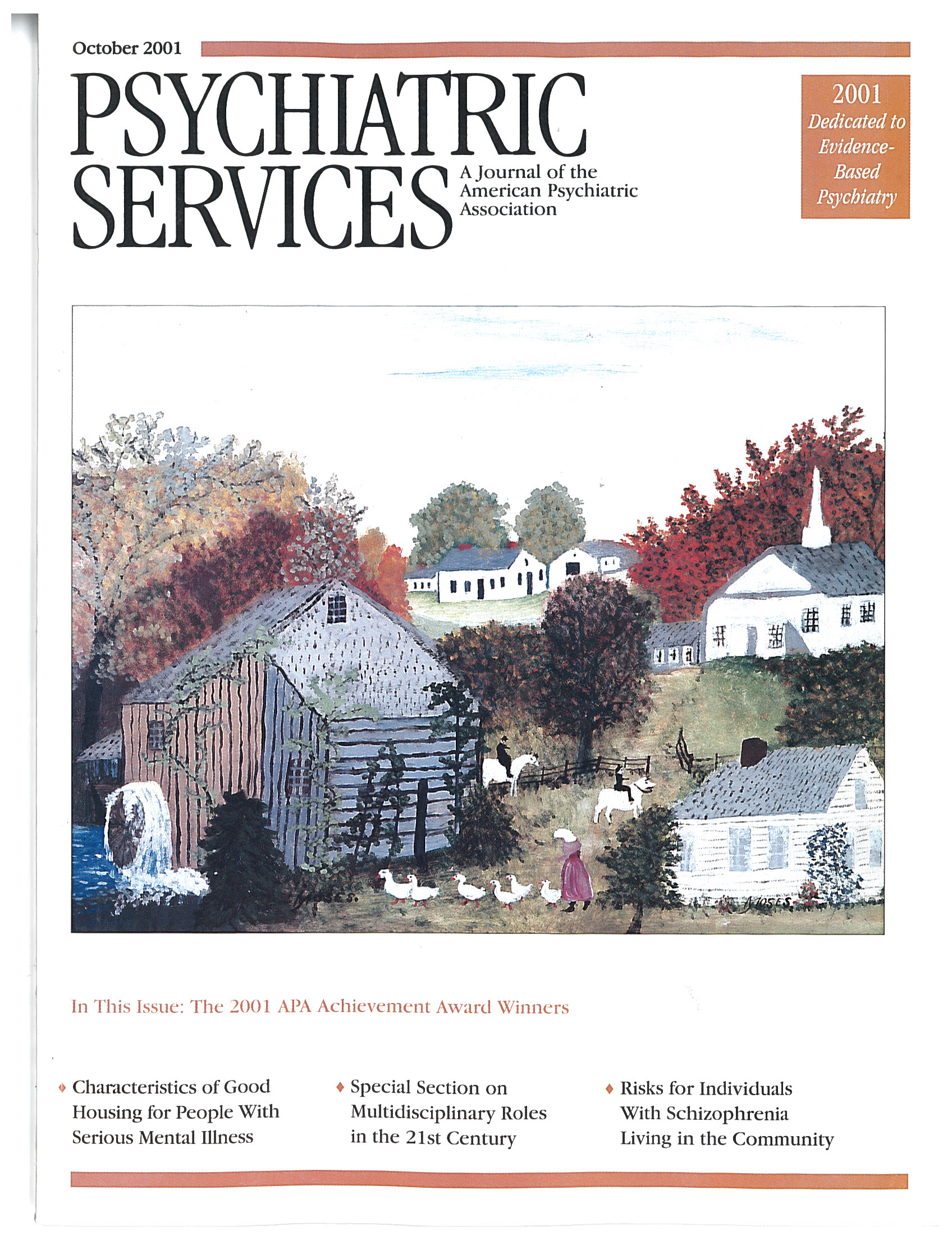Assessing Predictive Factors for Extended Hospitalization at Acute Psychiatric Admission
Abstract
OBJECTIVE: This study examined whether information obtained early in the hospitalization process can be used to assess a patient's need for extended care. METHODS: A sample of 2,430 inpatients who were admitted to a state psychiatric facility during a one-year index period (January through December 1997) were randomly assigned to a primary sample or a replication sample. Data were collected on demographic characteristics and history of previous hospitalization. The Brief Psychiatric Rating Scale-Anchored Version (BPRS-A) was administered to patients within 48 hours of admission, and four new subscales derived from ratings of newly admitted patients were calculated. Univariate and multivariate analyses were conducted to identify factors associated with whether a patient was discharged to the community or transported to another hospital for extended care. RESULTS: A discriminant analysis of the data correctly identified 70 percent of the patients who were referred for continued hospitalization and 80 percent of the patients who were discharged to the community. The main correlates of the need for extended inpatient services were, in descending order, scores on the BPRS-A resistance subscale, the number of previous referrals for extended hospitalizations, and scores on the BPRS-A positive symptoms and psychological discomfort scales. CONCLUSIONS: BPRS-A subscale scores should be considered to be at least as good as more traditional measures in predicting length of hospitalization.



